Have you ever looked into your dog’s eyes and felt that deep, unspoken bond? It’s magic, isn’t it? But as much as we love our furry friends, sometimes we accidentally chip away at their trust without even realizing it. That tail wag, the happy bounce at the door—those are signs your pup feels safe. But what if some everyday habits are quietly eroding that precious trust? Let’s dig into the surprising ways you might be losing your dog’s confidence, and how you can rebuild that special connection.
Ignoring Their Body Language
Dogs speak volumes with their bodies. A tucked tail, flattened ears, or lip licking might seem minor, but these are canine whispers of discomfort or fear. If we miss these signals, our pups might feel unseen, or worse, misunderstood.
By tuning into these cues, we show our dogs we care about how they feel. Next time your dog looks away or yawns when you reach out, try pausing. Give them space. Over time, they’ll know you’re listening—even when no words are spoken.
Inconsistency in Rules and Routines
Imagine if your boss changed the rules at work every day—confusing, right? Dogs thrive on consistency. If one day they’re allowed on the couch, and the next they’re scolded, trust takes a hit.
Setting clear boundaries (and sticking to them) helps your dog feel safe. Routines build confidence—think regular walks, meals, and gentle training. When life feels predictable, your dog can relax and trust you fully.
Using Harsh Punishments
Yelling, hitting, or using fear-based training tools can shatter a dog’s trust in an instant. These tactics don’t teach—they only scare, making your dog anxious or withdrawn.
Instead, focus on positive reinforcement. Reward good behavior with treats, praise, or play. When your dog knows they’re safe from harm, they’ll blossom into their happiest, most trusting self.
Forcing Unwanted Interactions
We all want our dogs to be social butterflies, but pushing them into uncomfortable situations—like meeting new people or dogs—can be overwhelming. If your pup hides behind you or cowers, it’s a plea for help.
Let your dog set the pace. If they’re nervous, don’t force greetings or hugs. A gentle approach allows your dog to trust that you’ll protect them, not push them too far.
Ignoring Health Issues or Pain
Sometimes, a sudden change in behavior—like growling, snapping, or hiding—can signal pain or illness. Ignoring these signs not only affects your dog’s health but can also make them feel betrayed.
Regular vet visits and paying attention to health cues (like limping or appetite changes) show your dog you care. When they learn you’re attentive and responsive, their trust only grows.
Leaving Them Alone Too Long
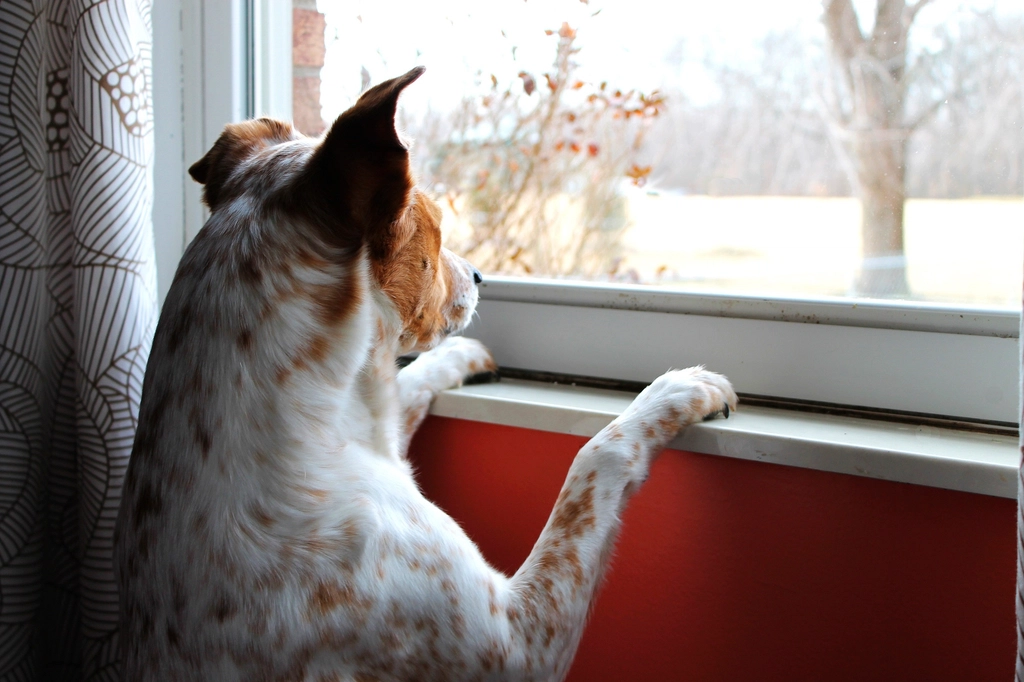
Dogs are pack animals—they crave company. Frequently leaving your dog alone for long stretches can make them anxious or lonely. Over time, this isolation breaks down trust.
If work or life keeps you away, try to arrange for a dog walker or a friendly neighbor to stop in. Even a comforting toy or puzzle feeder can help ease the loneliness until you return.
Breaking Promises—Big and Small
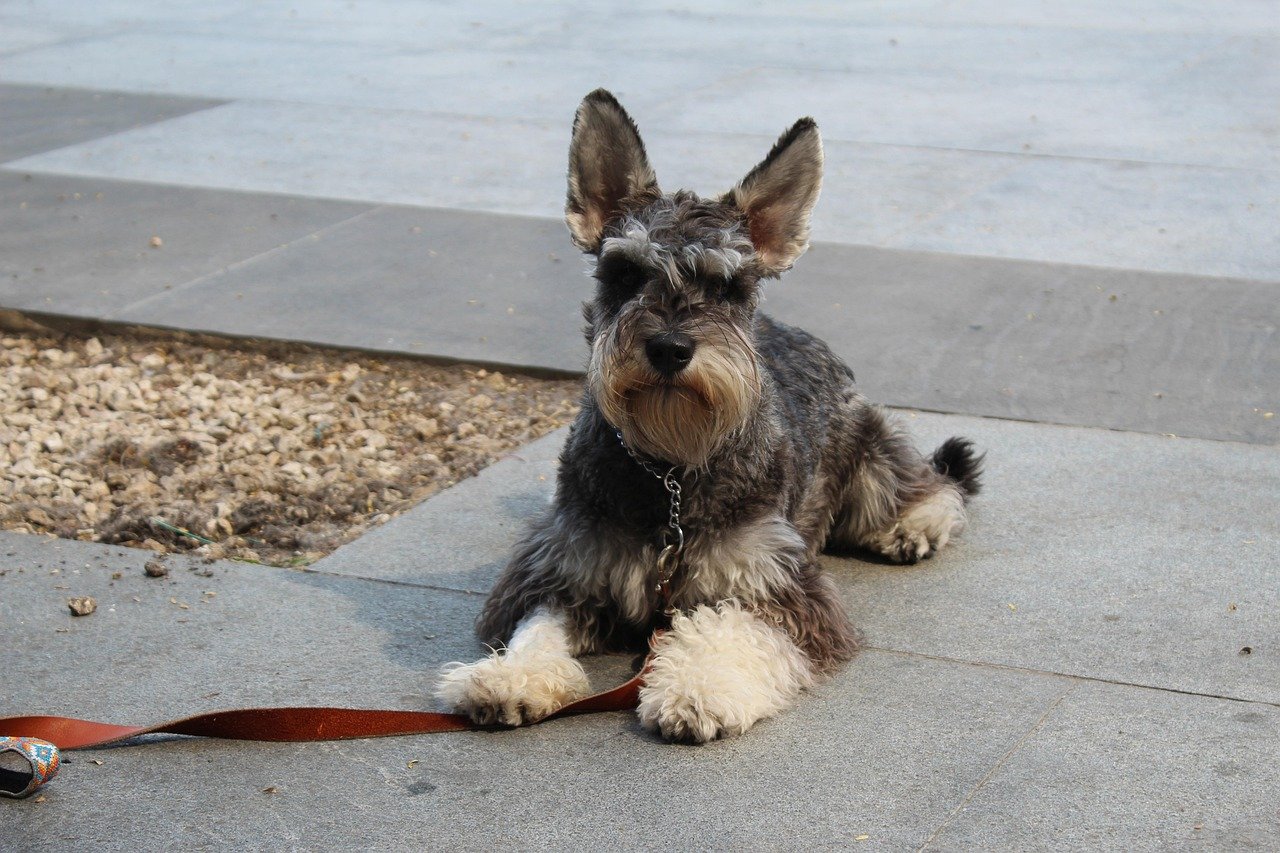
If you say “walk” or “treat,” your dog remembers—even if you think they don’t. Failing to follow through on these little promises can slowly chip away at trust.
Keep your word, even in the small things. If you can’t do something, offer extra cuddles or playtime instead. Your dog will learn that you’re reliable, and that goes a long way in deepening your bond.
Ignoring Their Need for Mental Stimulation
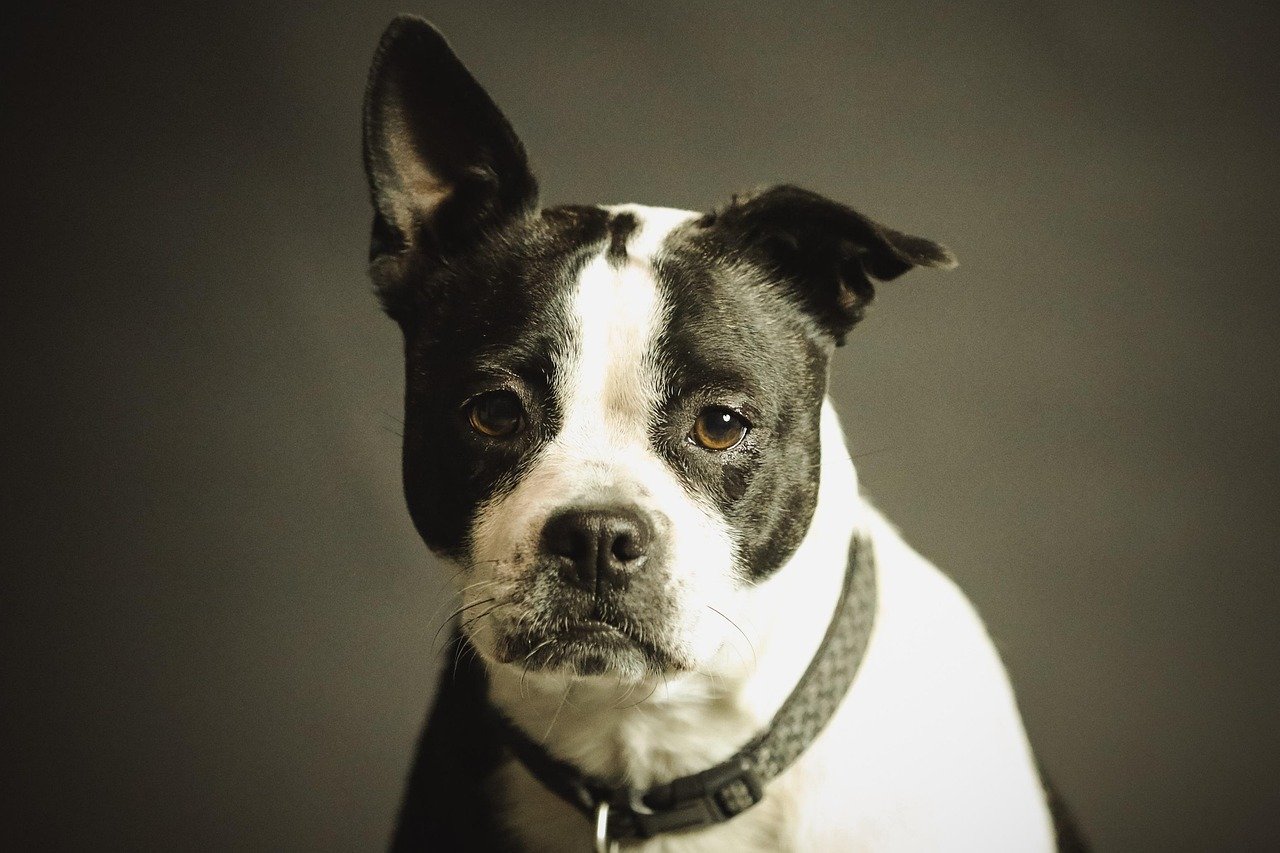
Boredom is a silent trust-breaker. Dogs need more than food and walks—they crave games, training, and sniffing adventures. Without stimulation, they can become anxious or destructive.
Mix up your playtime. Hide treats for them to find, teach a new trick, or take a different route on your walk. Engaged minds are happy minds, and happy dogs trust their humans more.
Neglecting Proper Socialization
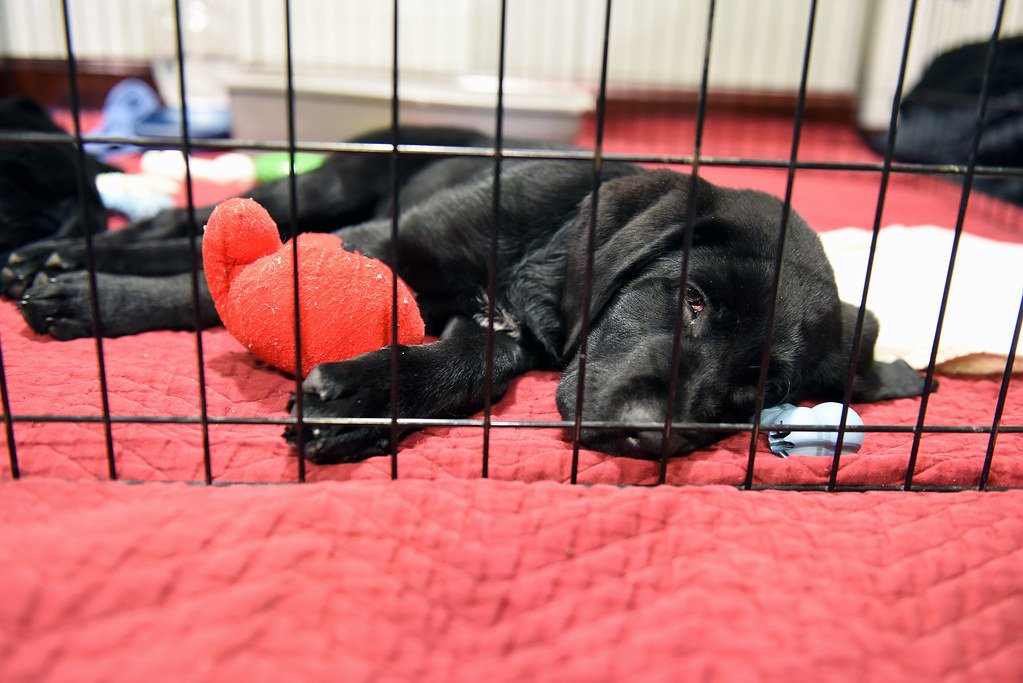
Early, gentle exposure to different people, places, and sounds helps your dog feel safe in the world. If socialization is skipped, dogs might develop fears that strain your relationship.
Start slow—maybe a walk in a quiet park or meeting a calm friend. Celebrate small victories, and soon your dog will trust that you’ll never put them in harm’s way.
Failing to Respect Their Need for Space
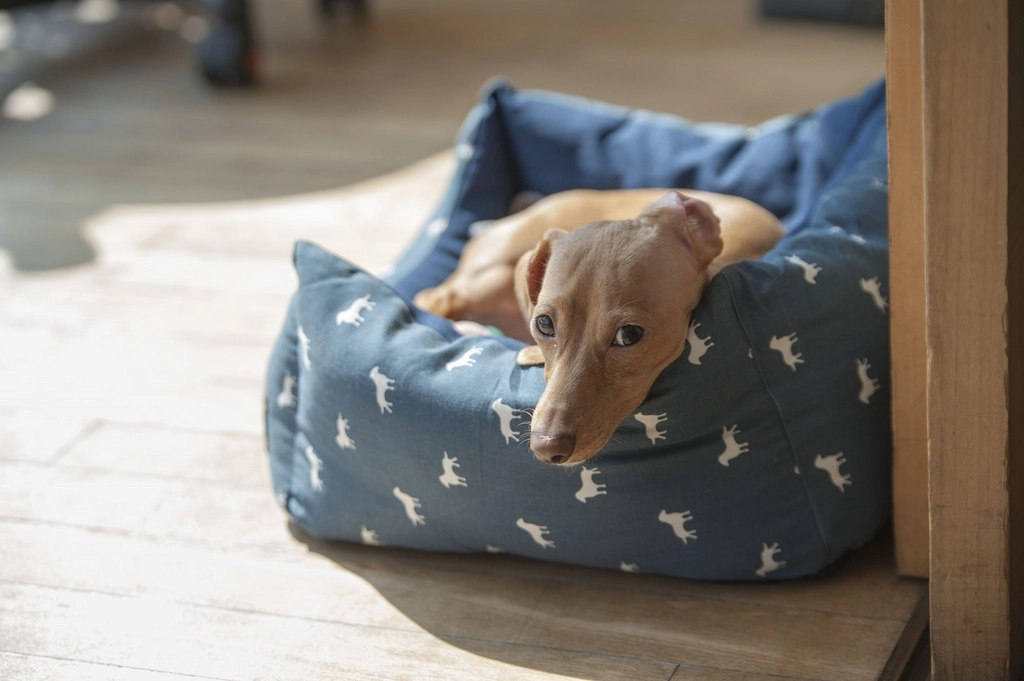
Just like us, dogs sometimes need alone time. Crowding them when they want to rest, or not letting them retreat to their bed, can make them feel trapped.
Give your dog a safe spot where they can go anytime. Respect their space, and they’ll trust you to honor their boundaries—building a foundation of mutual respect and love.
Conclusion
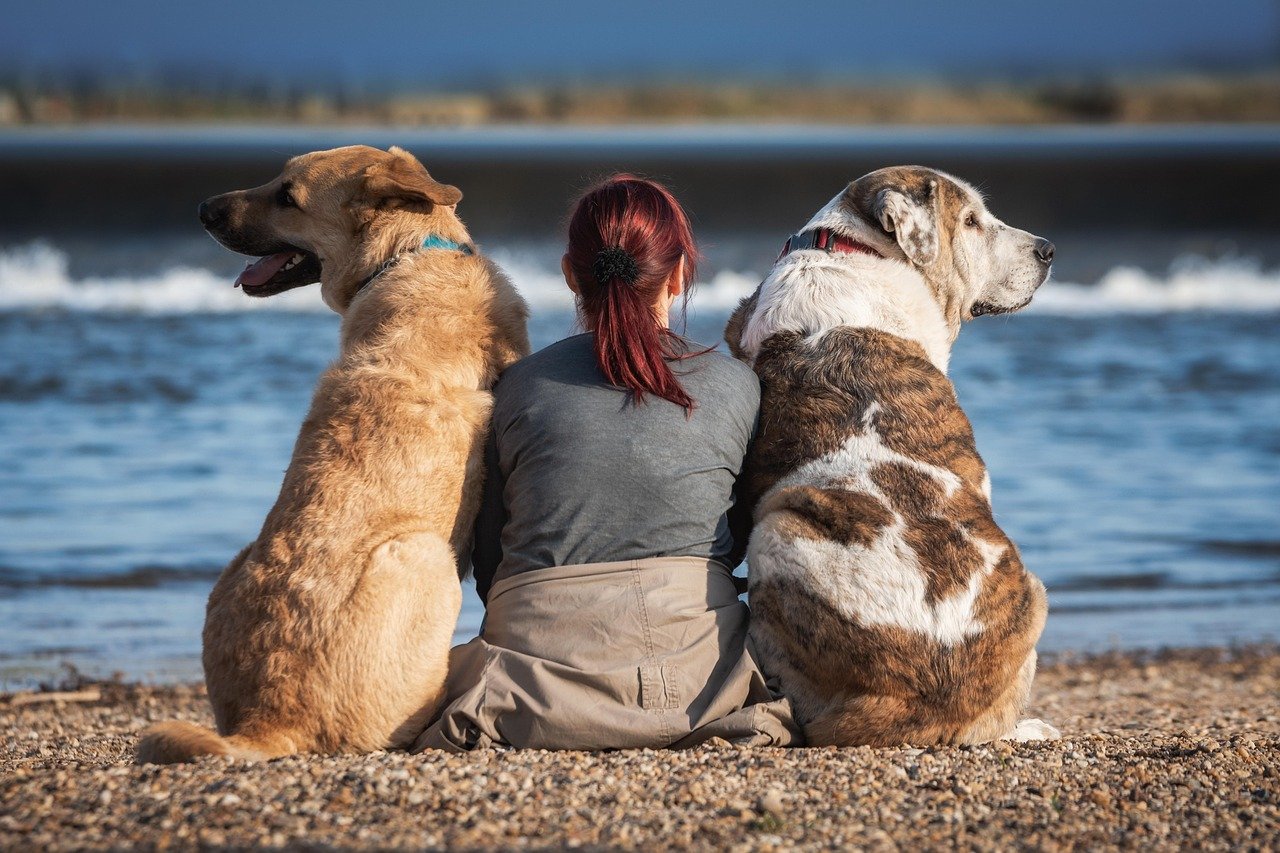
Trust is the invisible leash that keeps your bond with your dog strong. By noticing the small things and showing patience, empathy, and consistency, we can become the humans our dogs believe we are. Isn’t it amazing what a little understanding can do for a friendship that lasts a lifetime?